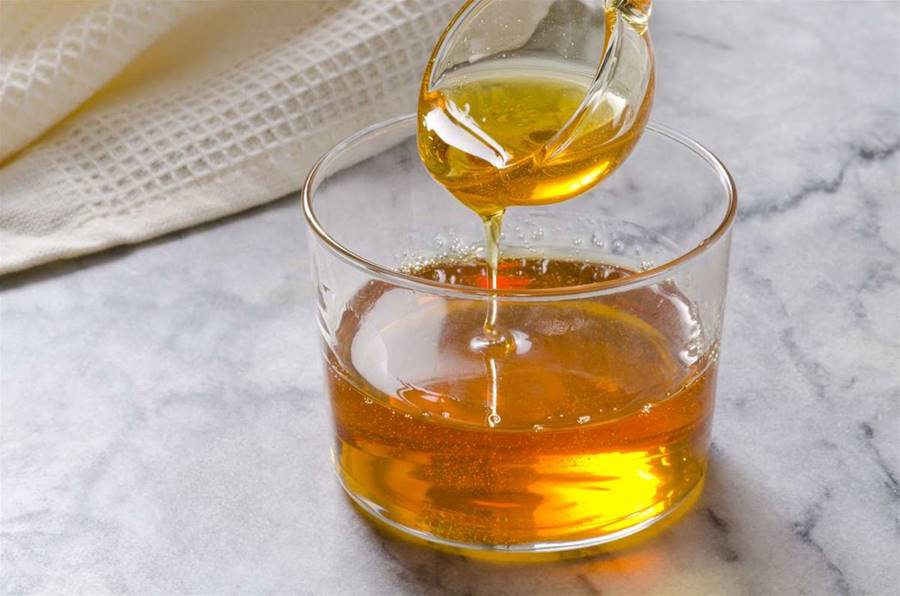

Agave nectar, also called agave syrup, is a sweetener often recommended for people with diabetes. It is made either by heating extracts of the succulent plant or by breaking them down with water in a process called hydrolysis. The resulting liquid is processed with enzymes derived from a mold called
It's easy to see why agave nectar appears to be a smart alternative to table sugar, as it's lower on the glycemic index (GI)—one indication of how a given carbohydrate is likely to affect the levels of glucose (sugar) in the blood.
However, this assessment isn't as cut-and-dried as it may seem. If you have diabetes, you'll want to understand how agave sugar really stacks up to sugar before working it into your diet or that of someone with the disease you care for.
The differences between agave nectar and table sugar are negligible when it comes to calories, carbs and total grams of sugar. They diverge in terms of of sugar and where each ranks of the glycemic index. It is these two factors that make agave nectar a questionable alternative to sugar.
Fructose is a simple sugar (monosaccharide) found naturally in fruits and vegetables. It is relatively low on the glycemic index. However, when fructose is highly processed—as is the case with agave nectar—it can become problematic if consumed in excessive amounts.
What's more, although agave is one and a half times sweeter than table sugar—meaning you may be able to use less of it—some researchers believe it's easy to eat too much fructose as it seems to bypass the body's satiety signals
. Agave contains more fructose than high-fructose corn syrup, table sugar, and fruit.Foods and beverages that are low on the glycemic index, typically defined as those with a score of less than 55, are less likely than higher-ranking foods and beverages to cause spikes in blood sugar levels.
Agave's ranking of 20 to 30 certainly places it in the category of low glycemic foods. However, there is some controversy regarding the usefulness of the GI for controlling blood sugar. This is because the index doesn't account for portion sizes of foods. What's more, many of the factors that determine a food's GI score (how the food is prepared, for example, or the laboratory in which it is measured) can be inconsistent.
In other words, the fact that agave nectar is a highly processed sweetener containing a high percentage of fructose, paired with the possible inaccuracy of the Gi for determining a foods true potential affects on glucose levels, makes it a less viable alternative sweetener for people with diabetes than it appears to be at first glance.
If you have diabetes, it is advisable to reduce your intake of all types of sugar, including agave. If you really want to use a sweetener, try honey or maple syrup, which contain beneficial vitamins and minerals, or no- or , such as stevia or monk fruit.
